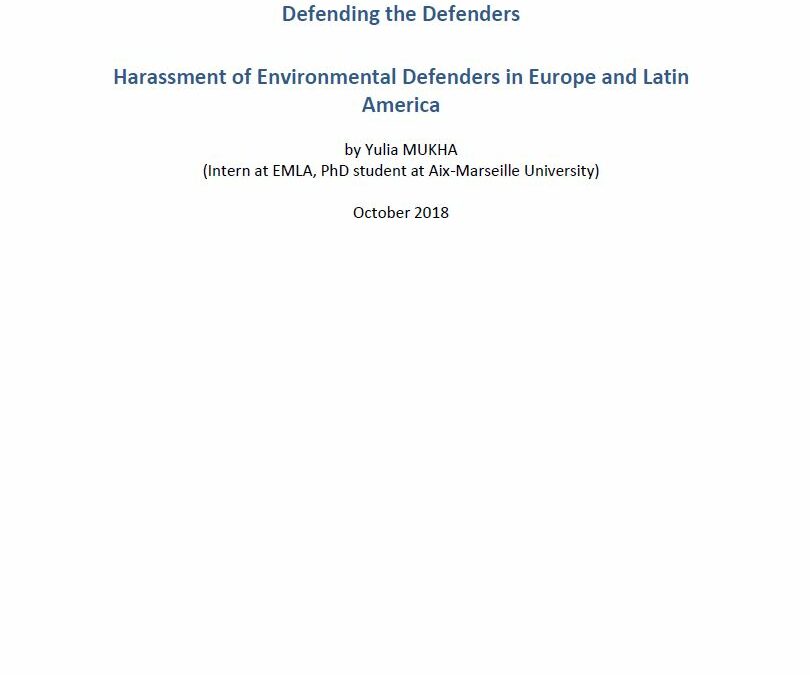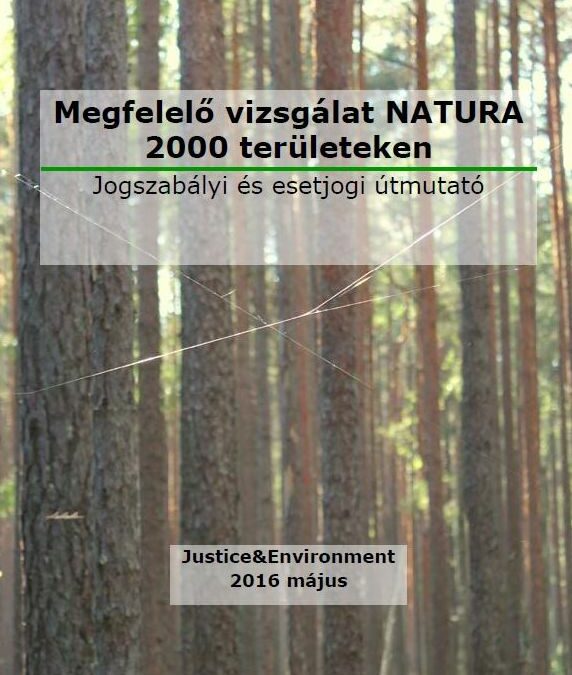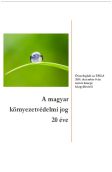
Publications


HARASSMENT OF ENVIRONMENTAL DEFENDERS IN EUROPE AND LATIN AMERICA
In this research, Yulia MUKHA, intern at EMLA and PhD student at Aix-Marseille University examines the level of protection of defenders and whether it is attributed to legal, economic or cultural factors. She also tries to analyze different political systems to finally find out where the protection of defenders is more/less effective and why.
Harassment of Environmental Defenders in Europe and Latin America

Appropriate Assessment – Introduction
Appropriate assessment is a mechanism to ensure protection of Natura 2000 from harmful human activities, especially construction plans and projects. If a plan may have significant adverse effects on the site, measures to prevent those effects will be sought. Without appropriate assessment, the project or plan cannot be authorised. Appropriate assessment is regulated in Article 6 of the EU ‘Habitats’ Directive. But there’s more than meets the eye: the Court of Justice of EU has further specified the rules in numerous cases. In this introduction, prepared with the support of the Central European Initiative, you can read about the basics of this legal instrument.

Appropriate Assessment – Guidance
Appropriate assessment is a mechanism to ensure protection of Natura 2000 from harmful human activities, especially construction plans and projects. If a plan may have significant adverse effects on the site, measures to prevent those effects will be sought. Without appropriate assessment, the project or plan cannot be authorised. Appropriate assessment is regulated in Article 6 of the EU ‘Habitats’ Directive. But there’s more than meets the eye: the Court of Justice of EU has further specified the rules in numerous cases. In this guidance document you can read both the regulation and the case law of appropriate assessment.

20 Years of Environmental Law in Hungary
EMLA’s public interest environmental law service celebrated its 20th anniversary last year. We held a special general assembly commemorating this event, where all participants, EMLA members, presenters agreed without exception that there is a need for such a service. Their contributions related to the description of what legal and societal circumstances EMLA had to work in in the last two decades.
